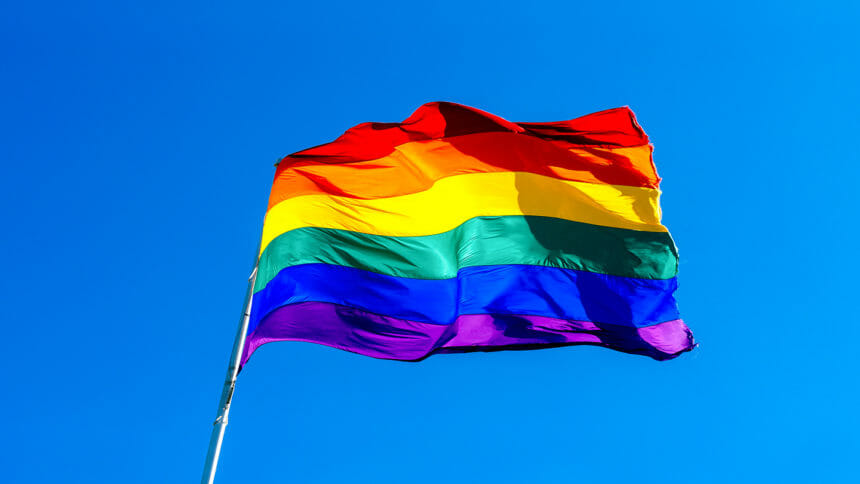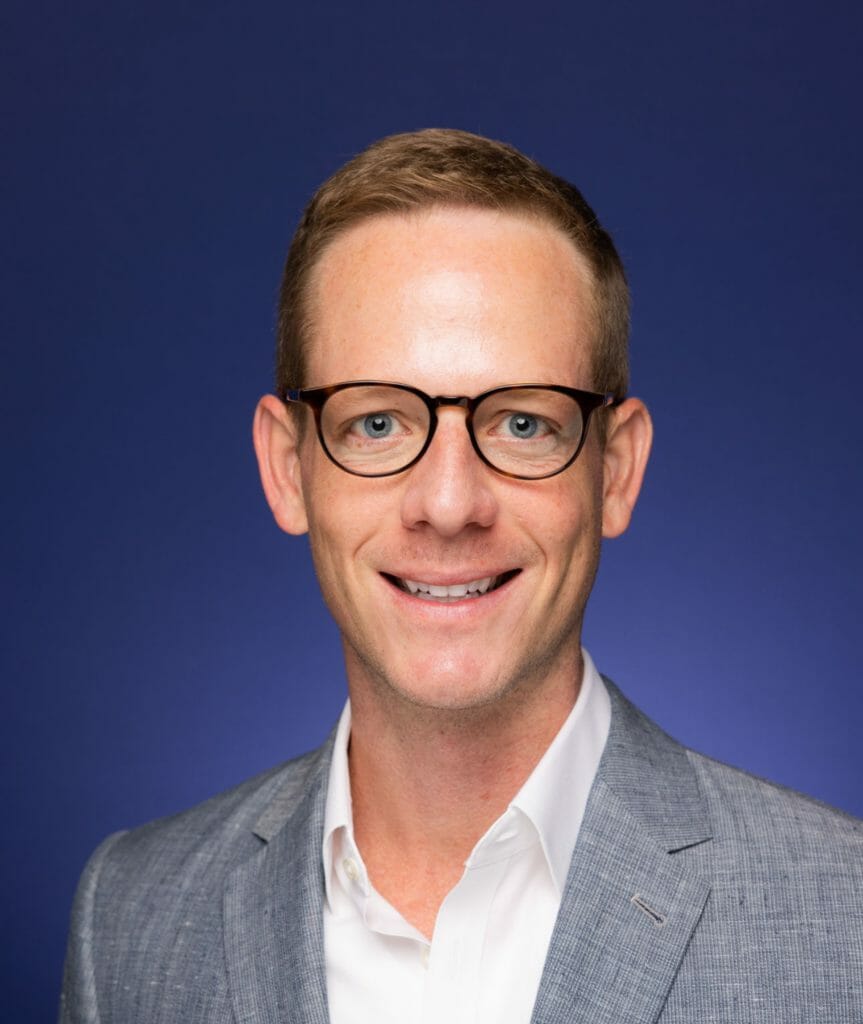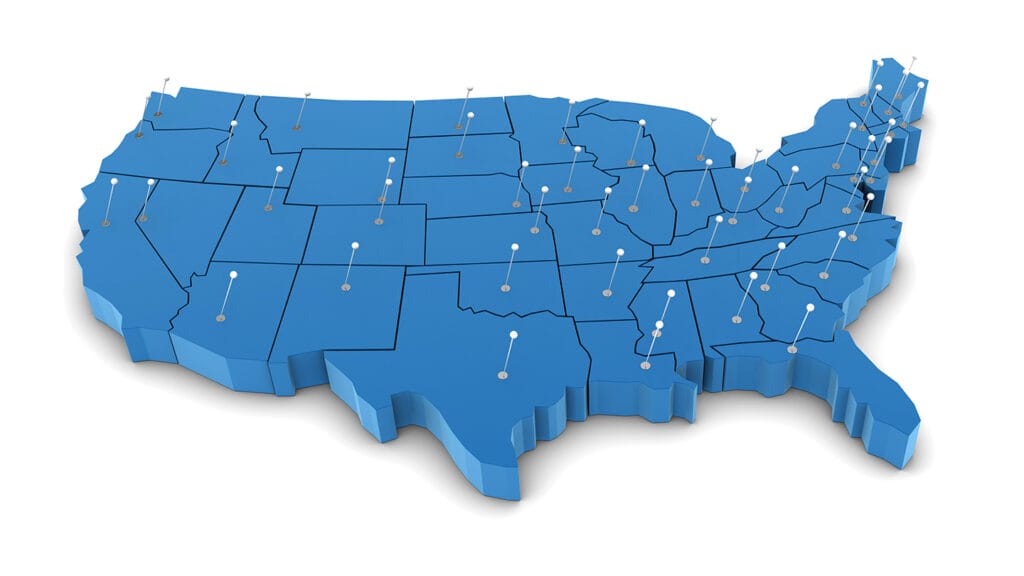
For nearly a decade, Always Best Care in Boulder, CO has been providing LGBTQ+ sensitivity training on-site to staff through Project Visibility. It is a 20-year-old program that is sponsored by Boulder County’s Agency on Aging and aims to help caregivers in home health, assisted living and skilled nursing affirm the rights and needs of LGBTQ+ seniors.
Franchise owner Inga Juzysta told McKnight’s Home Care Daily Pulse she was inspired to provide the training by some of her transgender caregivers.
“A lot of elderly LGBTQ+ were not able to come out in their lives, so it’s about how to approach someone who might feel awkward about their sexuality or gender identification,” Juzysta explained. “We want to be sensitive to any kind of personal choices they are making and that we aren’t judgemental about their lives because we are just there to be of service.”
Today, embracing diversity, equity and inclusion isn’t simply the right thing for home care and hospice agencies to do, it’s also the savvy thing to do, experts say. An estimated 3 million people over the age of 50 currently identify as LGBTQ+, a number that is expected to more than double to 7 million by 2030, according to senior LGBT advocacy group Sage. As a cohort, LGBTQ+ seniors face unique challenges. They are twice as likely to live alone and far less likely to have children to help care for them as they age. Many also delay or avoid medical care out of fear of discrimination or harassment, according to Sage.
Those statistics are prompting states, payers and providers to take action. Nevada and Massachusetts recently mandated so-called cultural competency training covering diversity, equity and inclusion for all healthcare providers, including those working in home health, home care and hospice. More states could follow their lead.
Payers are also addressing the community. Late last year, California-based SCAN Health launched a Medicare Advantage plan called Affirm for the LGBTQ+ community in partnership with Included Health, an integrated virtual care and navigation platform. SCAN Health estimates approximately 500 beneficiaries in Los Angeles and Riverside Counties have already signed up for the plan.
Included Health helps identify and verify providers that it says create a “safe and welcoming environment’ for LGBTQ+ patients. However, Included Health President of Communities Colin Quinn admitted to McKnight’s Home Care Daily Pulse finding those providers, including home health and hospice agencies, can sometimes be a challenge.

“A lot of providers are saying they’re woefully unprepared in supporting this community and it’s really been incumbent upon them to self-educate and continue to pursue continuing education to raise their overall level of expertise,” Quinn explained.
Resources are available for home health and hospice agencies hoping to better provide services to the LGBTQ+ community. Sage offers a training and credentialing program for providers called SageCare . To date, the organization says it has trained nearly 200,000 healthcare staff at more than 800 firms. Separately, online training platform CareAcademy has partnered with Sage to provide a 60-minute online competency-based training class on providing services to the LGBTQ+ community.
Since CareAcademy began offering the training two years ago about 4,000 caregivers have registered for the class. Andrew Mantuano, CareAcademy’s senior manager of learning design and development, told McKnight’s Home Care Daily Pulse he expects demand for the class to rise over the next few years.
“As other states catch up and start creating requirements around cultural competency, we’ll see more requests for this and the requirements of the curriculum expand to fulfill the needs of the population,” Mantuano said.
Juzysta said the training her staff has received hasn’t resulted in a significant increase in LGBTQ+ clients. Still, she said her staff appreciated the education and now feel better prepared to serve the needs of everyone in the Boulder community.



